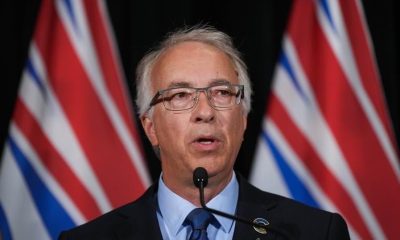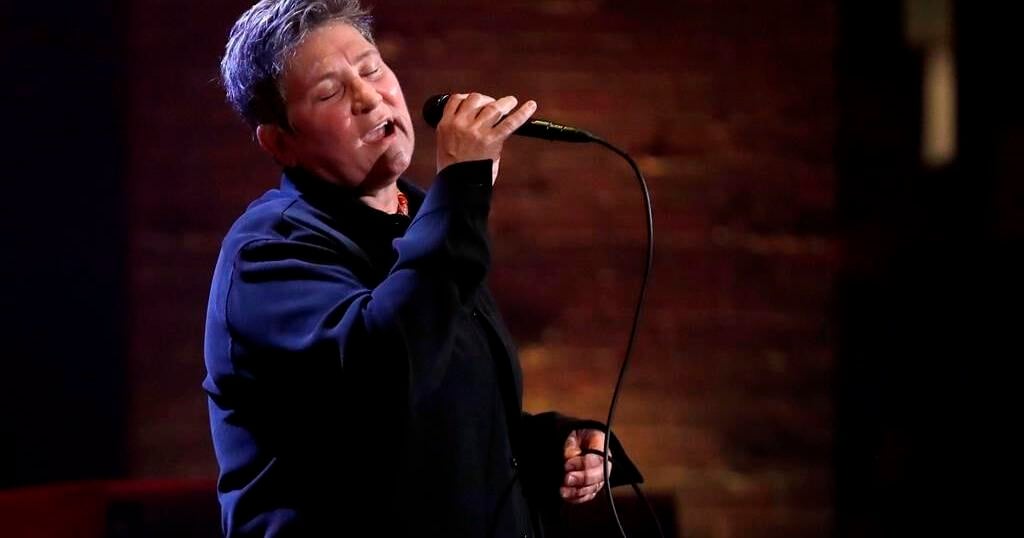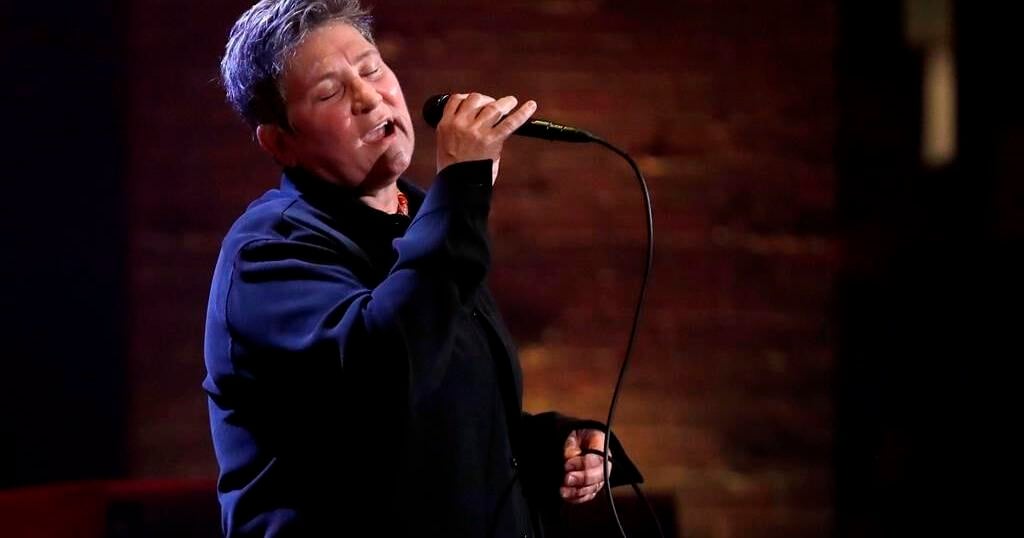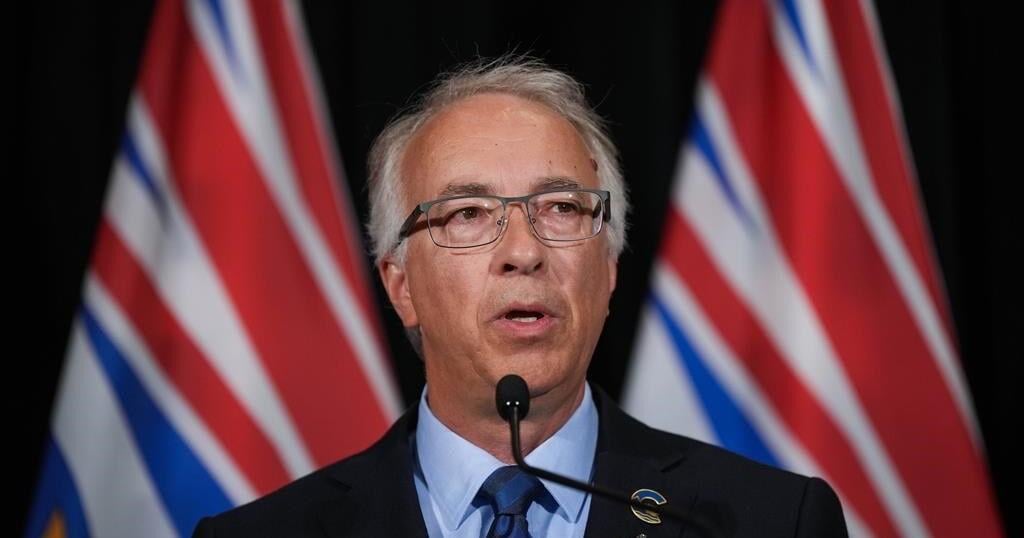Black Canadians have a rich history and have made critical commitments to Canadian culture. In any case, the battle for fairness and against racism has been a long and getting through battle. In spite of progress, Black Canadians keep on confronting fundamental prejudice and segregation in different parts of life. In this article, we will investigate the set of experiences, challenges, and continuous endeavors in Black Canadians’ battle for fairness.
The historical backdrop of Black Canadians traces all the way back to the beginning of Canadian settlement. Black Followers, who were African Americans getting away from subjection, got comfortable in Nova Scotia in the late eighteenth century. Despite being guaranteed opportunity and land, many confronted unforgiving circumstances and segregation. Throughout the long term, Black people groups have laid down a good foundation for themselves across Canada, adding to the country’s social mosaic.
Nonetheless, their journey has been loaded with difficulties. From isolation in schools and public spots to restricted work open doors, Black Canadians have needed to explore a scene of fundamental racism. Despite these hindrances, they have shown noteworthy resilience and perseverance.
In the nineteenth and mid-twentieth centuries, Black Canadians confronted boundless isolation and separation. For example, in Ontario, schools were isolated until the 1960s. Black Canadians additionally experienced huge boundaries in lodging and business. However, they constructed solid networks and encouraged groups of people. Holy places, social clubs, and support bunches assumed pivotal parts in cultivating a feeling of belonging and solidarity.
Systemic racism keeps on influencing Black Canadians in different ways. This type of racism is implanted in approaches and practices that make hindrances for racialized gatherings. It appears in different regions, including schooling, work, lodging, and the law enforcement framework.
Black students in Canada frequently face instructive differences. Studies have shown that they are bound to be spilled into applied courses instead of scholastic ones, restricting their future open doors. Besides, Black students report higher paces of suspension and removal contrasted with their companions. Tending to these imbalances requires an exhaustive methodology, including hostile to bigoted preparation for teachers and comprehensive educational programs.
Work segregation remains a critical obstruction for Black Canadians. As indicated by a recent report by Statistics Canada, Black Canadians have a joblessness rate almost two times that of the public normal. They are likewise bound to be in dubious work circumstances, with restricted admittance to advantages and professional stability. Drives pointed toward advancing variety and consideration in the working environment are fundamental to combatting these aberrations.
Admittance to reasonable housing is another basic issue. Black Canadians are excessively impacted by lodging uncertainty and vagrancy. A report by the Canadian Observatory on Vagrancy observed that Black people are overrepresented in the destitute populace. Endeavours to address lodging disparity should incorporate approaches that guarantee fair admittance to protected and reasonable lodging for all.
The criminal justice system and law enforcement framework have for some time been a wellspring of fundamental prejudice against Black Canadians. Racial profiling and over-policing are common issues. For example, a 2018 report by the Ontario Human Rights Commission observed that Black individuals in Toronto were almost 20 times more likely to be engaged in a deadly police shooting than white individuals. Changing the law enforcement framework to take out racial inclination is vital for guaranteeing equity and equality.
Despite these difficulties, there are continuous endeavours to battle prejudice and promote fairness for Black Canadians. Support gatherings, community associations, and people are working enthusiastically to make a change.
The Black Lives Matter (BLM) movement had a critical impact in bringing issues to light about fundamental racism and police fierceness. BLM Canada has coordinated various fights and missions to request equity for Black people who have confronted brutality and separation. Their endeavours certainly stand out to the issues confronting Black Canadians and have prodded discussions about racial value.
States at different levels have done whatever it may take to address foundational prejudice. In 2020, the national government declared a $221 million speculation to battle hostile to Black racism and promote variety and consideration. This financing upholds drives like emotional wellness assets, monetary open doors, and community projects pointed toward working on the existence of Black Canadians.
Community associations keep on being at the front of the battle for uniformity. Bunches like the Black Legal Action Centre (BLAC) offer legitimate types of assistance to Black Canadians confronting separation. The African Canadian Legitimate Facility and the Black Youth Helpline are different instances of associations devoted to supporting Black communities.
Schooling is a useful asset in the battle against racism. Initiatives that promote awareness and comprehension of Black history and culture are fundamental. The consideration of Black Canadian history in school educational programs assists with encouraging a more comprehensive and informed society. Moreover, public awareness missions and studios can assist with testing generalizations and advancing anti-racism mentalities.
The battle for equality is nowhere near finished, yet there is potential for what’s to come. Black Canadians keep on gaining ground in different fields, from governmental issues and business to expressions and sports. Their commitments are vital to the texture of Canadian culture.
Praising the achievements of Black Canadians is fundamental for encouraging a feeling of satisfaction and acknowledgment. Occasions, for example, Black History Month give chances to respect the commitments of Black people and to instruct others about their effect. Featuring examples of overcoming adversity can move people in the future and support the significance of variety and consideration.
Building coalitions with other marginalized bunches is critical for making a unified front against discrimination. Fortitude among various networks can intensify voices and reinforce endeavours to accomplish balance. Cooperative drives and multifaceted discourse can encourage shared understanding and backing.
Advocating strategy changes at all levels of government is fundamental. Strategies that address foundational racism, for example, impartial recruiting rehearses, reasonable lodging drives, and improvement in law enforcement, make enduring change. Considering policymakers responsible and guaranteeing that the enemy of bigoted measures is carried out is a collective responsibility.
Black Canadians’ battle for correspondence is a demonstration of their versatility and assurance. Notwithstanding confronting foundational prejudice and segregation, they have made critical commitments to Canadian culture and keep on supporting equity and balance. Through continuous endeavours in schooling, support, and community work, there is potential for an additional comprehensive and evenhanded future. By perceiving the difficulties and praising the accomplishments of Black Canadians, we can pursue a general public where everybody is esteemed and respected.
Related
































